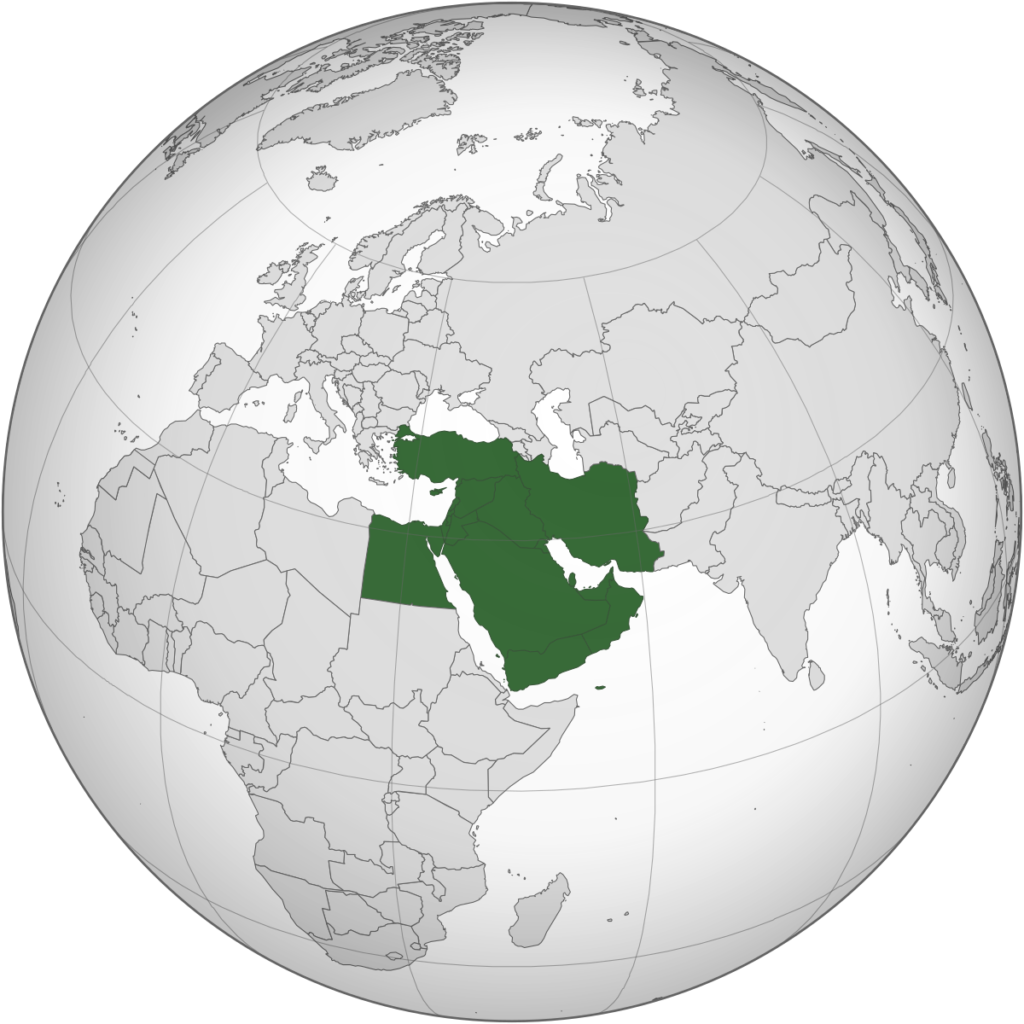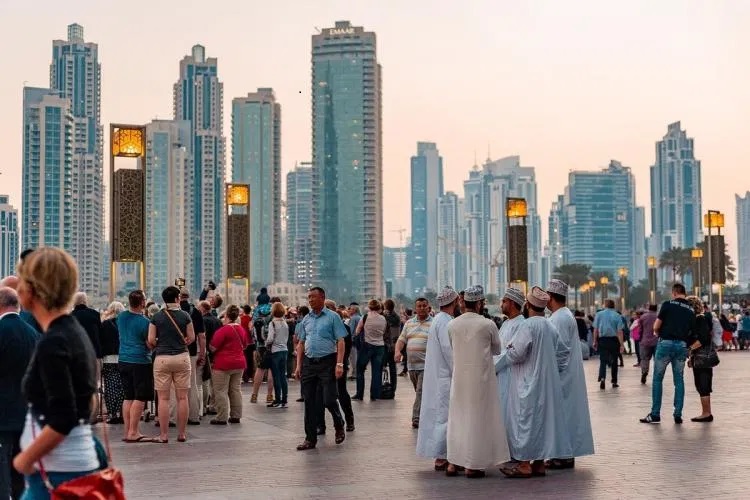By Oyero Abiodun Yakub
“It is wrong religiously and by human rights law to violate the fundamental rights of people just because of being superior to them”.
Nigeria has a sizable number of citizens living in the diaspora, and these citizens contribute to the country’s Gross Domestic Product (GDP).
Top Media Nigeria reports that in July 2017, the Federal Government signed the Nigerians in Diaspora Commission Establishment bill into law. The commission, NIDCOM, was set up to provide for the engagement of Nigerians in diaspora in policies, projects, and participation in the development of Nigeria. Abike Dabiri-Erewa, the Senior Special Assistant to the President on Foreign Affairs and the Diaspora, who doubles as the Head of the commission stated that there were about 15 million Nigerians in various parts of the world.
With a high population of Nigerians in the United States of America (USA), a good number of them reside in Middle East countries in Asia. Countries which include Oman, United Arab Emirates (UAE), Qatar, along with others, are nations Nigerians travel to in the Middle East in search of greener pastures.
Nigerians In The Middle East
The Middle East is a term used to describe countries in the South-Western part of Asia. Some Nigerians travel across their countries in search of their ‘daily bread’. While some get it easy, it’s the opposite for others. They are exposed to various inhumane acts – sexual assault, modern-day slavery, and human rights violations are but a few to mention.

In July 2021, the United Arab Emirates barred Nigerians from applying for work permits and placed visa restrictions on them. The Embassy in Abuja cited precautionary measures to combat the spread of the then dread Covid-19. Meanwhile, there are speculations that the move was due to the profiling of some Nigerians for criminal/violent activities in the country. The restrictions on the work permit as seen lots of Nigerians working legally lose their high-income jobs, as they couldn’t renew the permits. While others settle for meager jobs, feeding on peanuts.
While some are being treated like modern-day slaves, they work for their employers without pay. Others working as ‘housemaids’ are exposed to various sexual harassment from their boss – usually referred to as “locals”. Any attempt to challenge their employers could lead to deportation, if not jail. The experience has not been an easy one for some Nigerians down there.
Experiences
A Facebook user identified as Prisca Nwachukwu, in a viral video on her timeline, is a victim of the ‘work-without-pay’ situation. She took to the social network to narrate her ordeal at the hands of her boss. When she was reached out to, she gave more insight into how long she has been in the country, and how the work permits renewal affected her. Prisca who had been in UAE for over 3 years explained in the video that her visa was going to expire in a few days, and her boss who promised to help her renew it couldn’t after several trials. And still didn’t want to pay for the work done.
Another victim, Damilola Falodun, in an interview video uploaded by Legit TV via their YouTube page narrated her ordeal in Oman. The Ekiti State-born lady narrated how she was trafficked to Oman and was exposed to different cases of abuse ranging from sexual harassment to being treated as a slave. In her words, “we were much that traveled to Oman and we were referred to as ‘Shangala’, which means ‘slave’. After they collected our passport, we were made to sign an agreement that we’ll work for 2 years”.
“I work across 10 homes and I’m paid 80 Riyadh equivalents to #40,000 depending on the exchange rate. The ‘locals’ do say they’ve paid for our lives in their country, so they can do anything they want with us within the two years”. She ended the interview by saying “I regret going to Oman”.
Another victim of the inhumane treatment is Oyinlola Solanke. She joined EreluEyinade Foundation during a Walk Against Human Trafficking campaign, organized by the Foundation in 2019. The then 29-years old graduate of Obafemi Awolowo University (OAU), Ife who was rescued by the Foundation said she slept in the bathroom to avoid being sexually abused by her boss. She said, “my passport was taken from me when I got there, and I was not allowed to go out on my own. I spent 10 months there and it was just modern-day slavery”. She concluded by cautioning young Nigerians against falling for promises of a better life abroad by traffickers, adding that most are only allowed to do menial jobs.

Government Intervention
One would ask what the Federal Government of the country is doing to ease the difficulties of her people. Nigerians abroad are forced to ask what the Nigerians In Diaspora Commission (NIDCOM) is doing to alleviate the situation. During our interview, a Nigerian residing in Dubai simply identified as Chiezugo asked how the government intends to solve the problems facing Nigerians in the diaspora. She said, “when will the Government interfere in the work permit ban of Nigerians in UAE?”
The Speaker, House of Representative, Hon. Femi Gbajabiamila via a post on his verified Facebook page on the 15th of December, 2021, held a meeting with the Minister of Foreign Affairs, Geoffrey Onyema, and his aviation counterpart, HadiSirika, over the flight row between the United Arab Emirates (UAE) and Nigeria. Recall the visa ban and halt in flight between both countries, the meeting was held to resolve the issue. He further stated that both countries are engaged in parliamentary diplomacy.

Meanwhile, many Nigerians have come out to condemn the actions of these countries on how they treat foreign citizens. A progressive Nigerian, Mr. Yusuf Aweda said in an interview with him, “it is wrong religiously and by human rights law to violate the fundamental rights of people just because of being superior to them”.
Hopefully, with time, there’ll be changes to the way Nigerians are being treated in the Middle East countries.


